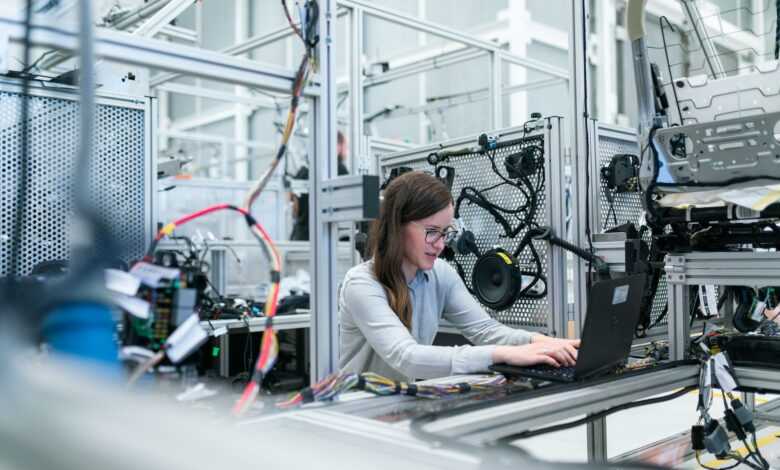
The Future of Healthcare: A Cure for All or a Pandora’s Box?
The healthcare industry is on the cusp of a technological revolution. New technologies such as telemedicine, precision medicine, and gene editing have the potential to transform the way we approach healthcare, from diagnosis to treatment. While these innovations offer tremendous potential for improving health outcomes, they also raise ethical and social concerns.
Advantages of Technology in Healthcare
The benefits of technology in healthcare are vast. Advancements in medical technology can lead to improved patient outcomes, reduced costs, and increased access to care for underserved populations. Telemedicine, for example, allows patients to consult with healthcare professionals remotely, reducing the need for in-person visits and increasing access to care for those who may live in remote or rural areas.
Precision medicine, on the other hand, allows for personalized treatment plans based on an individual’s genetic makeup, potentially leading to more effective and efficient treatments. Gene editing, while still in its infancy, has the potential to cure genetic diseases and prevent inherited conditions.
Disadvantages of Technology in Healthcare
Despite the potential benefits of technology in healthcare, there are also potential downsides. One of the biggest concerns is the loss of privacy. As healthcare becomes increasingly digitized, patient data is more vulnerable to theft and hacking. Additionally, the use of AI in healthcare decision-making raises questions about the potential for bias and discrimination.
Another concern is the potential for unequal access to care. While telemedicine can increase access to care for those who live in remote or underserved areas, it can also widen the gap between those who have access to technology and those who do not. Additionally, the cost of developing and implementing new technologies can lead to increased healthcare costs, making care even more inaccessible for those who cannot afford it.
Critics argue that the push for technological solutions in healthcare is eroding the human touch and compassion that is so essential to healing. They argue that healthcare is a fundamentally human endeavour, and that technology can never replace the value of a caring and empathetic healthcare provider.
Additionally, some argue that the development of new healthcare technologies is driven primarily by profit, rather than the public good. They argue that the development of new drugs and treatments is often motivated by the desire for financial gain, rather than the goal of improving health outcomes.
As we explore the future of healthcare, we must be mindful of the potential risks and downsides of technology. We must ensure that these innovations are developed ethically and equitably, with a focus on improving the health and well-being of all individuals. We must also recognize the value of the human touch in healthcare, and work to ensure that technology does not erode the compassion and empathy that are so essential to healing. Ultimately, the future of healthcare will depend on our ability to strike a balance between technological advancements and human values.




